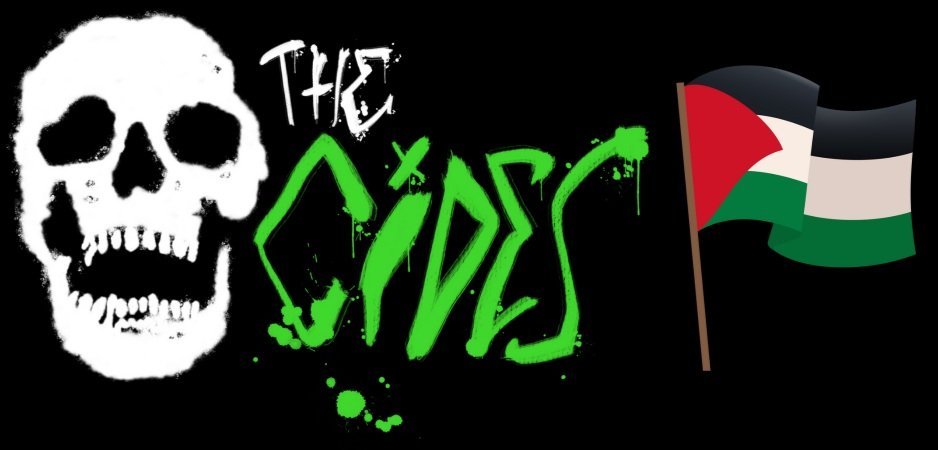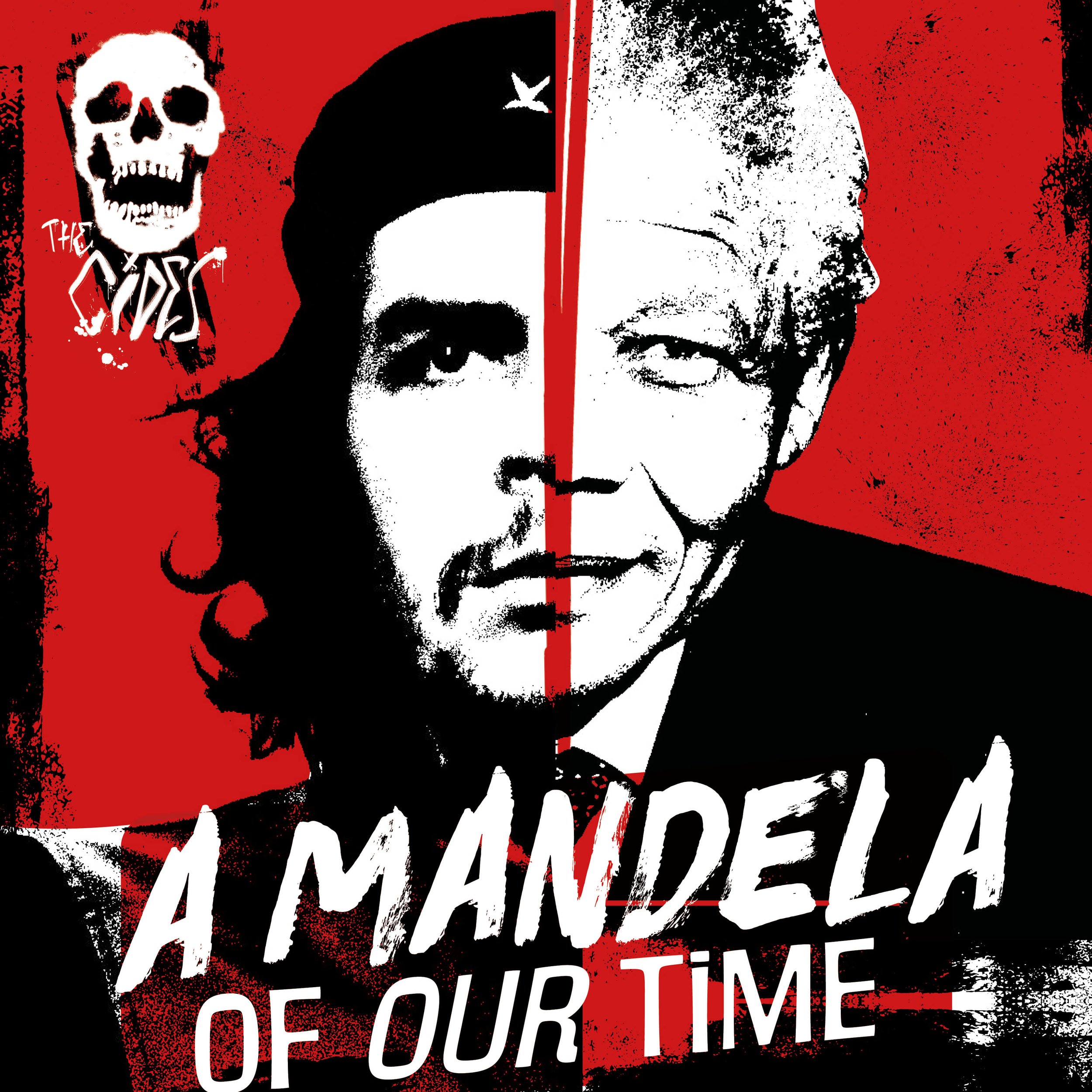A Mandela of Our Time
UN Secretary-General António Guterres speaking at the unveiling of the Nelson Mandela Statue, in New York said “One of humanity’s great leaders, Nelson Mandela embodied the highest values of the United Nations: peace, forgiveness, compassion and human dignity”. But this view was not universal…
Despite being awarded the Nobel Peace Prize in 1993, for bringing an end to apartheid in South Africa, Mandela remained on U.S. Terrorist Watch lists until 2008.
Margaret Thatcher (then UK Prime Minister) and Ronald Reagan (then American President) are on record praising the South African Apartheid regime and calling for no reprieve of the lifetime sentence handed out to “Mandela the terrorist who should rot in prison”.
So, what made Mandela so dangerous in the eyes of the global establishment, the capitalist governments and the religious leaders?
Mandela's African National Congress (ANC) policy of nonviolence received a brutal wakeup call in 1960 when South African police massacred 69 black protesters in the town of Sharpeville.
Mandela commenced the establishment of armed resistance within ANC structures saying
“Armed struggle has been forced on us by the government, we are left with no choice other than meeting acts of violence with violence”.
In the ensuing guerrilla warfare the government had to use increasingly brutal police and military actions, many of them filmed by news cameras and televised to appalled viewers around the globe.
Seeing these ugly spectacles increased international pressure for economic sanctions against South Africa, the Whites saw their nation becoming an international pariah, much like the Israel of today.
Mandela had no fear for his life in standing up to oppression.
Concerning religion, as a young member of the Xhosa nation Mandela was raised in tribal pagan culture where the major driving force was 'Ubuntu'. Ubuntu means “I am because we are” and relates to the harmonious integration of all members of one’s community for the purpose of unified human development, particularly spiritually.
Mandela had little time for religious dogma and the scare tactics of unelected leaders like the Pope but he was profoundly influenced by the spirit of Jesus whose revolutionary spirit he admired.
In fact, he often justified using violence against the apartheid regime by recounting the biblical story of Christ’s throwing money changers out of the temple.
Of religion in general, Mandela summed up “My problem (with religion) is that all too often people fail to act on what they claim to believe”.
This is a very important observation; despite the good teaching elements that all the world's religions espouse about love, compassion and freedom, followers pay only lip service to these values, they do nothing physically to defend them when they are attacked.
So, what made Mandela so dangerous in the eyes of the global establishment?
Mandela had no fear of religious reprisals for his actions and he was prepared to give up his life in the fight for black South Africans’ freedom.
In Mandela’s words “The time comes in the life of any tribe when only two choices remain: submit or fight.”
At what point will our increasingly oppressed societies of today fight back? Or will we wander sheeplike into the dark abyss of submission?
This track is free to download, but if you fancy supporting us you can buy us a beer – cheers!
CREDITS
Lead Vocals: Paul Hayward
Support Vocals: Sandra Bullet
Guitars: Perry Peredur ap Gwynedd, Yannick Tournier, Paul Hayward
Strings: Paul Hayward and Alain Hiot
Bass: Yannick Tournier
Drums: Brice Sansonetto
Recorded and Mixed: Yannick Tournier at WAITI Studios
Mastered: Christophe Chapelle at Sinetracks
Produced: Paul Hayward
Published: Cherry Red Songs London


